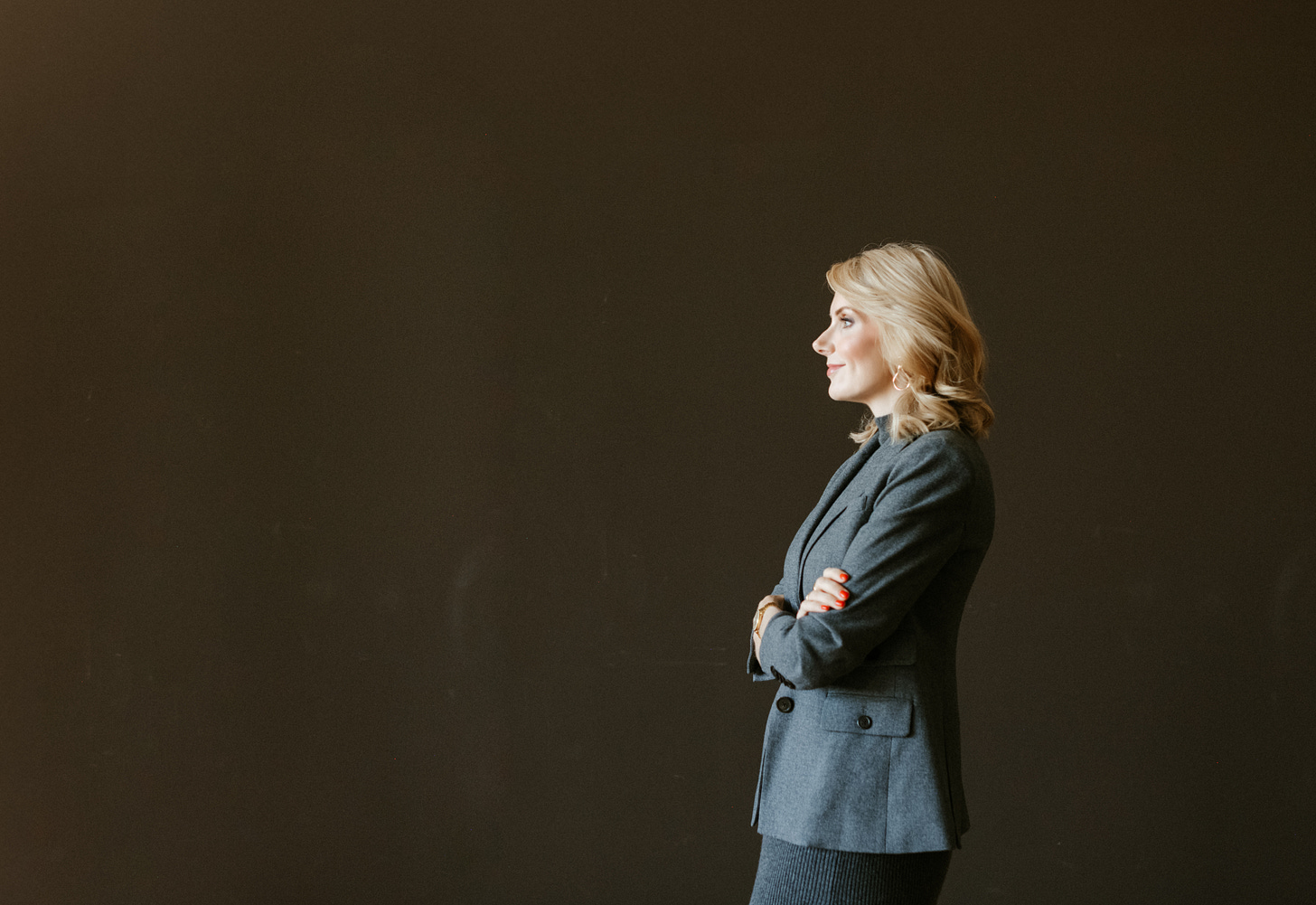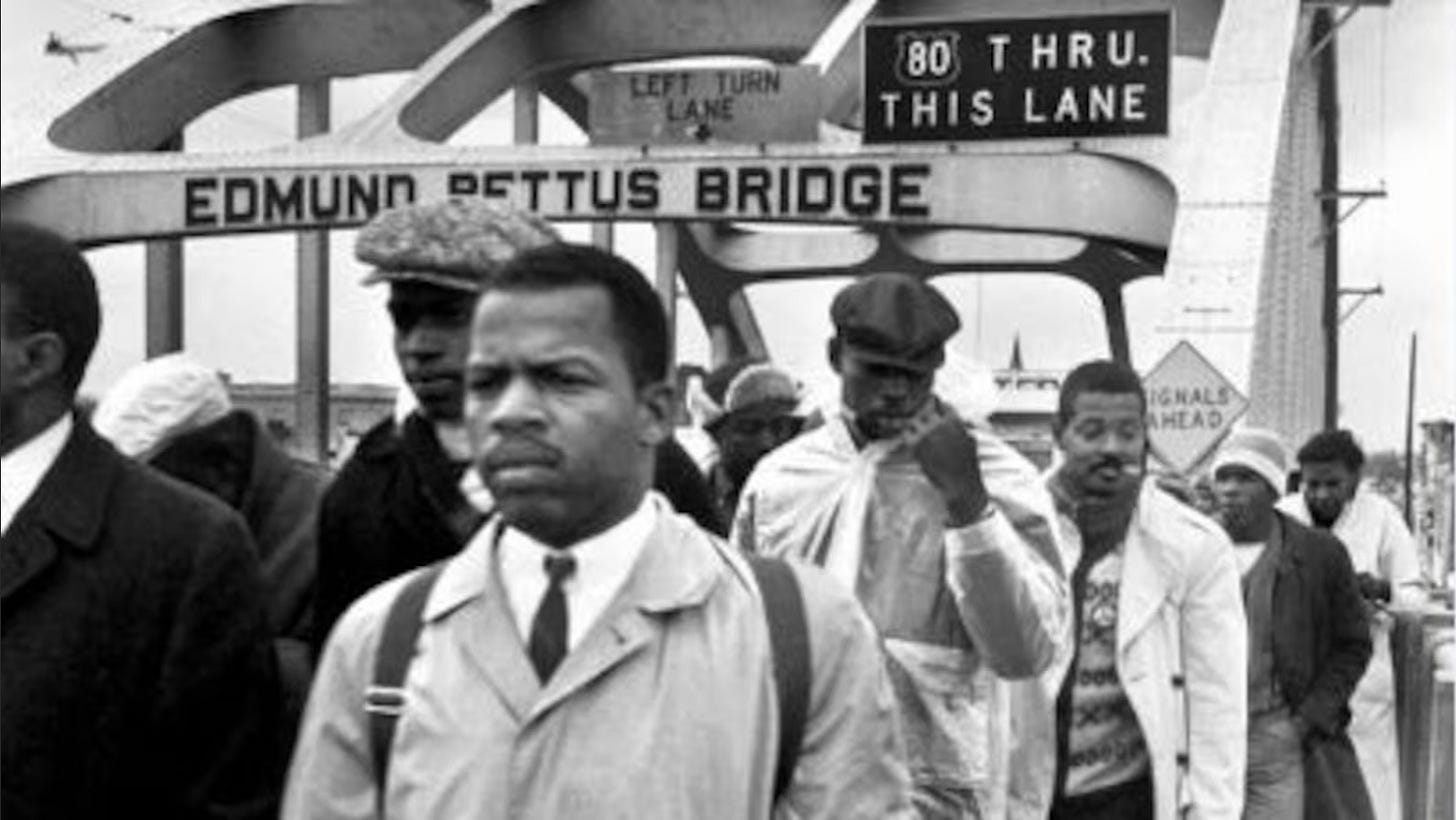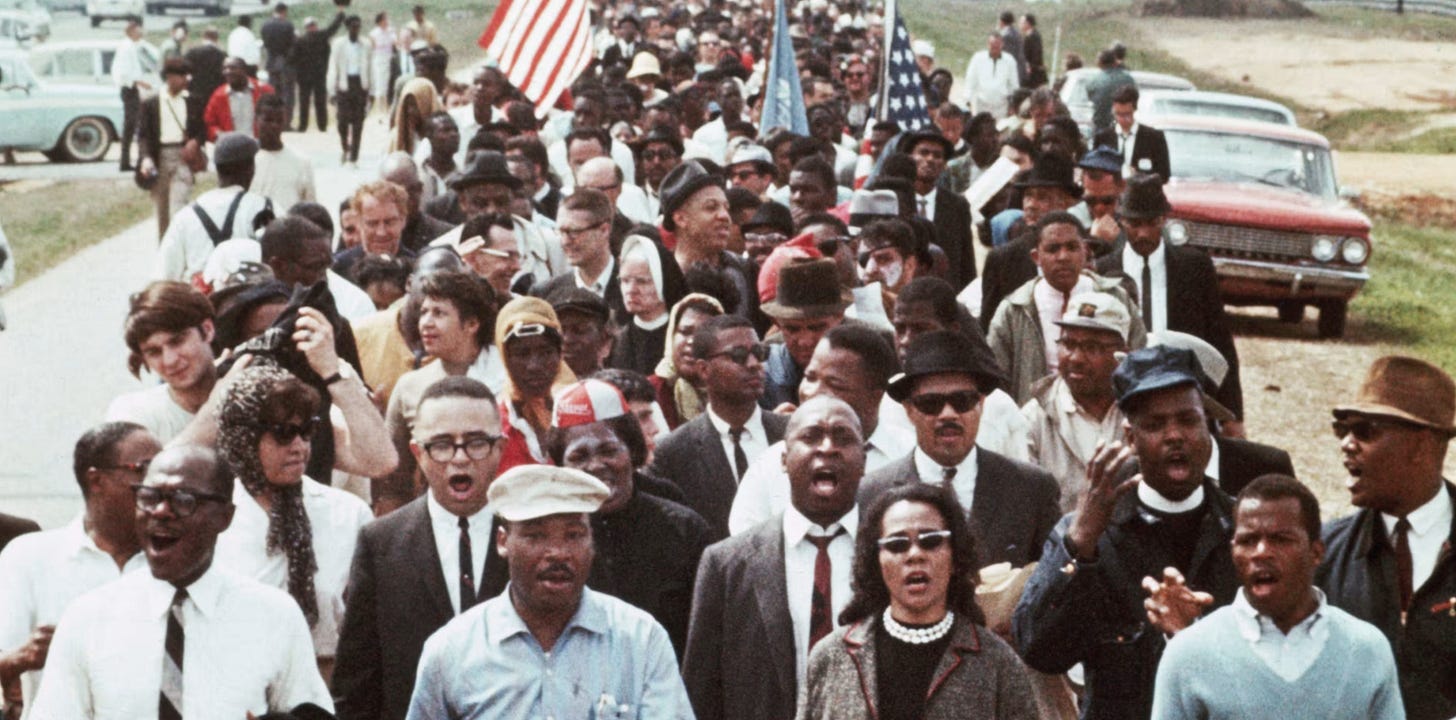Why I Haven’t Pressed Delete
If you want to know how I really feel:
I am sometimes plagued with thoughts that I should delete my social media accounts and live the rest of my life in the quiet of the Northwoods.
Some might wonder for a time where I went; most wouldn’t. It would be a privilege afforded to few: the relative anonymity of life on a dirt road, surrounded by quirky dogs and flower gardens. It would be easier and quieter –– certainly less stressful –– not to subject myself to threats on the internet. I wouldn’t have to work with teams on security plans and arrange for armed guards to walk me to my hotel room when I am speaking on college campuses. I could go back to not being recognized in airports, and it’s unlikely that I would become the target of anyone’s political violence.
I could do it, I tell myself. I am not exceptionally talented at anything. I have a decent vegetable dip recipe and can play “Jesu, Joy of Man’s Desiring” on the guitar. But history will not regard me as a genius, and so, when I am alone with my thoughts, I am able to rationalize this line of thinking. “I won’t be depriving the world of some great scientific advancement,” I imagine. “I am not the next Johann Sebastian Bach.”
It could all go away in a couple of keystrokes.
This isn’t a paywall. Typically, this post would be reserved for paid subscribers. I’ve chosen to make it freely available today because of the political moment we find ourselves in. If you want to share it, please do. And if you can afford to support my work (we don’t have investors), we would appreciate it.
Keep reading below
That is, after all, one of the goals of politically motivated violence: to make ordinary people so weary and terrified, so disheartened, that they retreat from the public square. Violence feeds on the hope that enough of us decide that the fight for our ideals is simply too heavy and dangerous a burden to carry.
If I disappeared from the internet, I would be doing exactly what those who would wield violence want: to demonstrate that the fear they can instill is stronger than any of my convictions. That their intimidation outweighs my ideals.
But I’m not going to. Because if brutality is allowed to set the rules in the nation we all share, if threats are allowed to carry the day, then democracy does not survive that bargain. Every retreat into the silence of our physical or metaphorical Northwoods leaves the public square emptier, more dangerous, and less free.
Democracy can survive only when ordinary people like me, unexceptional in every way but persistence, refuse to yield.
On March 7, 1965, civil rights leader John Lewis led 600 people in a march across the Edmund Pettus Bridge in Selma, AL. They were unarmed; many carried toothbrushes in the all too likely event that they were to find themselves locked in a jail cell.
When the marchers crested the bridge, they were met with law enforcement wielding whips, clubs, and tear gas. Lewis’s skull was fractured by a trooper’s baton, 17 people were hospitalized, and the pavement ran slick with the blood of peaceful protesters.
The crowd had every reason to retreat into silence, but they refused, choosing instead to return two days later, this time with Dr. Martin Luther King Jr. in tow. But after crossing the bridge and kneeling to pray, he turned the group back to prevent another bloodbath.
They rested. They did not quit.
The protesters used the next two weeks to obtain an order of protection from a court, and on March 21, the crowd that showed up numbered in the thousands. This time, they crossed the bridge and continued forward, spending four days sleeping in fields and covering the 54 miles from Selma to Montgomery.
On March 25, more than 25,000 people stood on the steps of the Alabama Capitol demanding equal voting rights, and five months later, the Voting Rights Act was signed into law.
The Selma to Montgomery march is remembered in part because of the famous photographs and film of the violence used against ordinary people. But it didn’t succeed because a few people got their pictures taken.
To be clear, history does regard both Martin Luther King and John Lewis — and many other leaders of the civil rights movement –— as extraordinary. But in this political moment, what stands out to me the most about the march — what actually moved the nation forward — are the thousands of ordinary people who showed up and refused to be turned back.
Teachers, nurses, farmers, domestic workers, factory employees –— most of them poor, most of them unknown — persisted. They had no guarantee of success, but they were resolute in the belief that nothing good would come from ceding the floor to those who would use violence to silence them.
So no, I won’t press delete. I will not wrap my silence up with a bow as a gift to those who traffic in fear. My life may be small and my talents average. But my persistence is mine to give. Democracy has always depended on the stubborn –— and stubbornness, I have in spades. Democracy doesn’t endure because of the brilliance of the few, but because of the courage and persistence of the many who refuse to yield.






I don’t know if most of us also follow your Instagram account but may I just say that your “game” with the trolls that resulted in so many donations to Everytown for gun safety was pure genius. PURE GENIUS! I hope it gave you much satisfaction to wring something so good out of what was undoubtedly meant to be ugly and reinforced for you that you made the right decision to keep on fighting the good fight.
I can certainly understand the temptation to press delete. I thank you for pushing on! We need your voice. I pray for your safety
!!!! You ARE mighty!